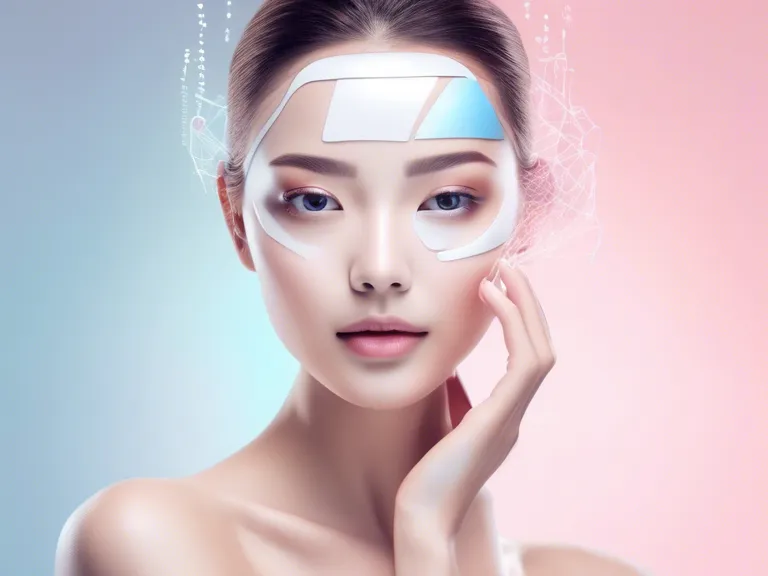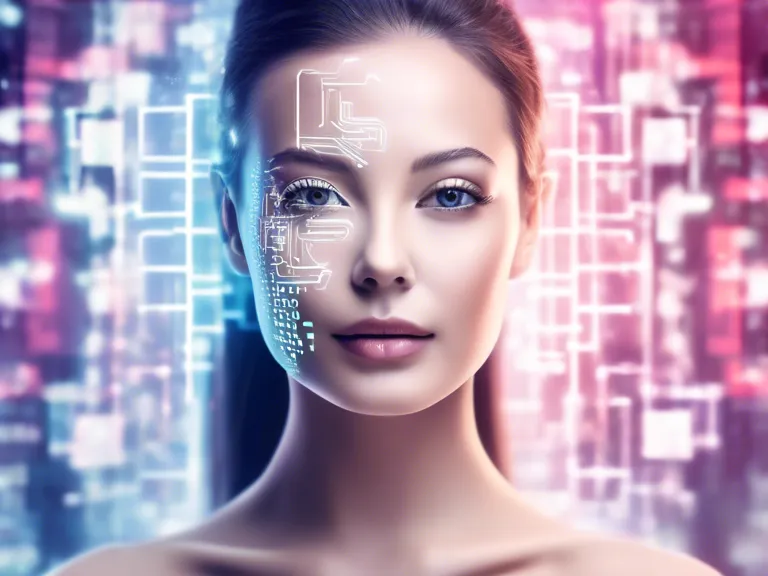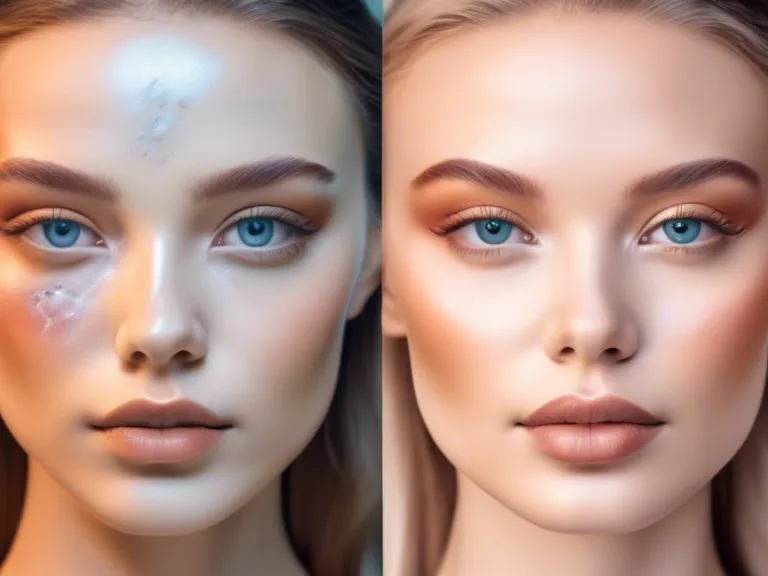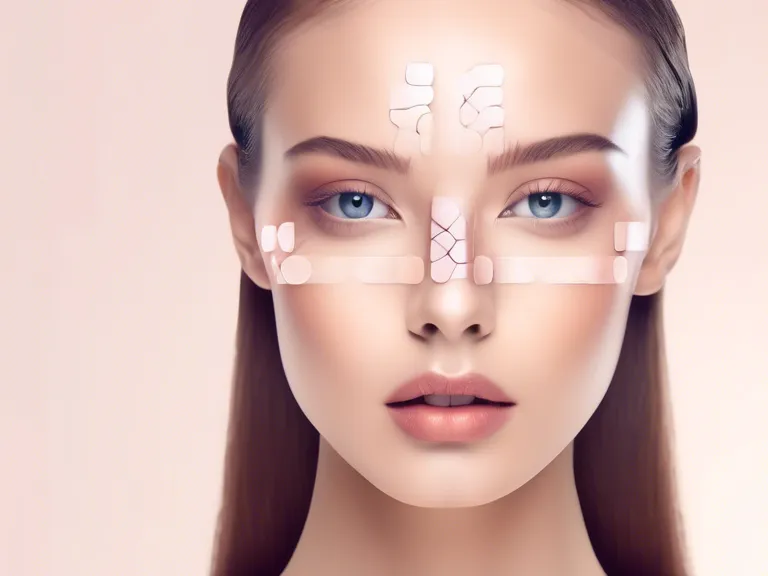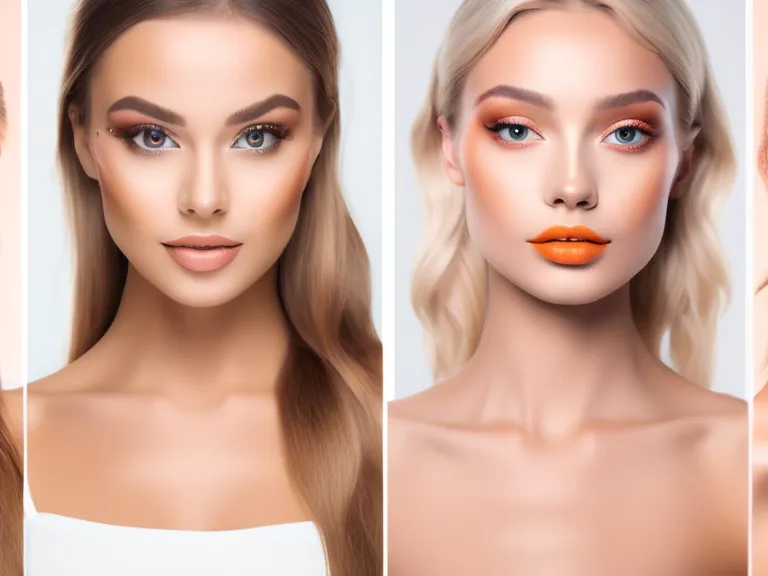
With the rise of social media and the pressure to present oneself in the best light possible, beauty filters have become increasingly popular. These filters, often found on platforms like Instagram and Snapchat, help users enhance their appearance by smoothing out skin, whitening teeth, and even altering facial features. Recently, artificial intelligence (AI) has played a crucial role in making these beauty filters more realistic and customizable.
One of the main ways AI enhances beauty filters is by using facial recognition technology. By analyzing facial features and shapes, AI can create more accurate and natural-looking filters that seamlessly blend with the user's face. This technology can also detect skin tones and textures, allowing for more precise adjustments in brightness, contrast, and color correction.
Additionally, AI can personalize beauty filters based on individual preferences. By tracking user behavior and feedback, AI algorithms can learn what users find appealing and automatically adjust filters to align with those preferences. This level of customization gives users more control over their appearance and helps create a more satisfying experience.
Furthermore, AI can improve the performance of beauty filters by reducing processing time and enhancing overall efficiency. With AI-powered algorithms, filters can be applied more quickly and accurately, saving users time and ensuring a smoother editing process. This technological advancement also allows for real-time adjustments, enabling users to see immediate results and make changes on the spot.
In conclusion, AI plays a vital role in enhancing social media beauty filters by making them more realistic, customizable, and efficient. As technology continues to evolve, we can expect to see even more innovative uses of AI in the realm of beauty editing, ultimately helping users present their best selves in the digital world.
